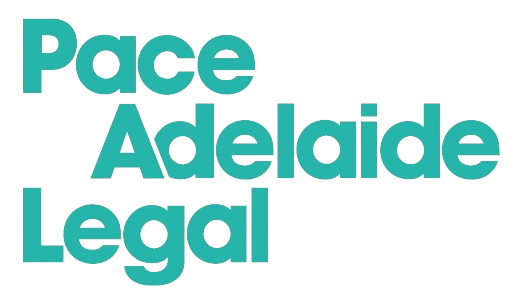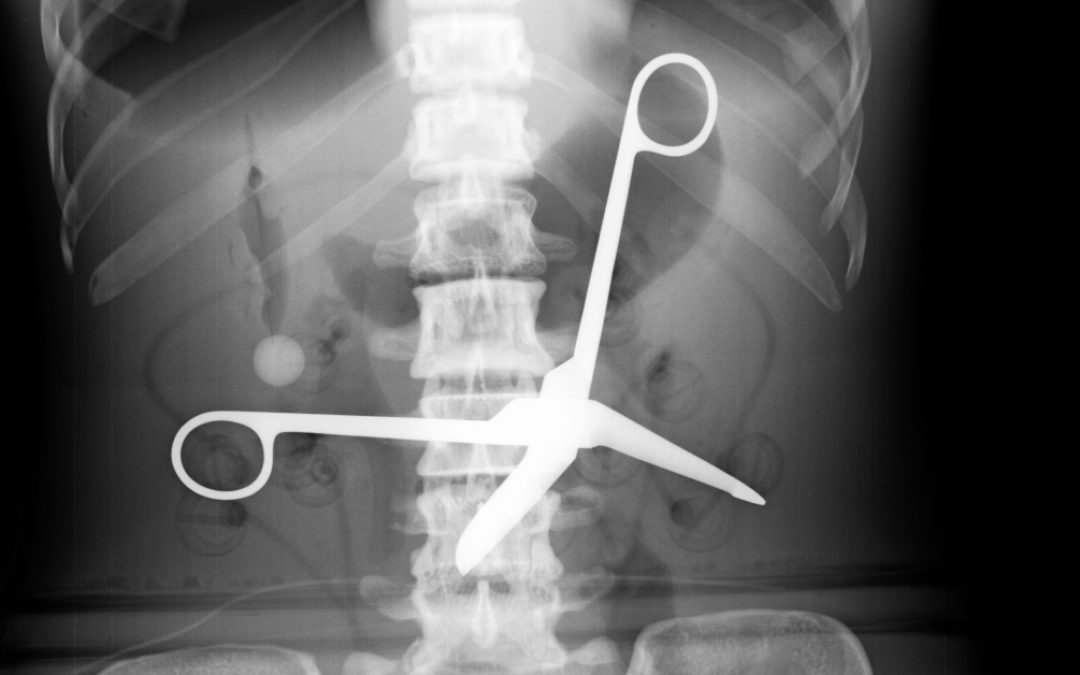Am I entitled to make a medical negligence claim?
If you have been injured as a result of incorrect medical advice or treatment, or due to negligent treatment from your medical provider, then you may be able to claim compensation for any losses you have incurred as a result.
Your medical provider could be your GP, dentist, pharmacist or a medical professional who treated you in hospital. Common medical negligence claims arise as a result of surgical treatment, a misdiagnosis of a medical condition or a delay in diagnosis.
Elements of a medical negligence claim
Medical providers are required to provide treatment to a reasonable standard of care. They also owe a duty of care to their patients. If there is a breach of the duty of care and there has been harm caused to you as a result of that breach, the medical provider may be liable to pay compensation for the harm caused.
The three elements of a medical negligence claim that must be proven are: liability, causation and damage.
Liability
To make a medical negligence claim, you will need to prove that the medical practitioner did not exercise a reasonable standard of care and therefore breached the duty of care owed to you.
Medical practitioners are required to exercise proper skill and judgment and take care to avoid harm to another person which could have been reasonably foreseen.
Even if you signed a consent form which acknowledged specific risks of the treatment, the practitioner will still be liable for any harm to you if there is a breach of the duty of care. You must give informed consent to all medical treatment provided to you, but this does not mean you consent to negligent treatment.
Causation
This is often the most complex part of a medical negligence matter to prove. You must prove that due to the breach of duty, you suffered harm i.e. there must be a link between the breach and the harm suffered. Therefore, you must establish that the harm would not have happened if the breach had not occurred.
As an example, let’s say that Mary attended her General Practitioner with a pain in her hand. Her General Practitioner referred her to a surgeon, who recommended that she have surgery which would treat the pain. The surgeon performed the surgery negligently and as a result, Mary’s hand had to be amputated. At this point, it appears that Mary has a medical negligence claim against the surgeon. However, on further investigation, it was found that Mary had peripheral arterial disease in her hand and would have needed to have had her hand amputated even if the surgery had not been negligent. As a result of this, the harm that Mary has suffered (having her hand amputated) was not caused due to the negligent surgery and Mary does not have a medical negligence claim.
Damage
If liability and causation is established you will likely be entitled to receive compensation for losses that you have experienced as a result of the negligence.
There are various losses you can claim for, including medical costs, loss of income and gratuitous services you have received. You will be required to provide evidence, such as medical reports, receipts that have been paid for and taxation returns to support your claim for damages.
Defences
Medical practitioners are able to defend a claim made against them for medical negligence, if they are able to prove that they acted in a way which was widely accepted as competent professional practice at the time the treatment occurred.
It should be noted that for the Court to consider that the treatment is widely accepted, it does not mean that the majority of practitioners necessarily need to agree with the treatment.
Furthermore, the treatment must be widely accepted at the time of the incident.
As an example, let’s say that Josh received treatment ‘y’ from his dentist in 2018. In 2020, medical opinion changes to suggest that treatment ‘x’ is preferred to treatment ‘y’. This does not mean that the treatment Josh received in 2018 was negligent. In 2018, when Josh received the treatment, treatment ‘y’ was the accepted treatment and this is the test to measure the reasonableness of the treatment.
Conclusion
Medical negligence is a complex area of law and you will likely require the assistance of a lawyer skilled in this area in order for your medical negligence matter to succeed. The law and the interpretation of the law by the Court is constantly evolving, which makes it important for you to receive sound advice early on in the claim.
Be aware that time limits do apply to medical negligence claims.
The above is a general overview of a complex area of law and should not be relied upon in place of specialist legal advice.
For further information or assistance with your claim, please do not hesitate to contact Julia Adlem, Managing Associate Lawyer email or on 08 8410 9494.

